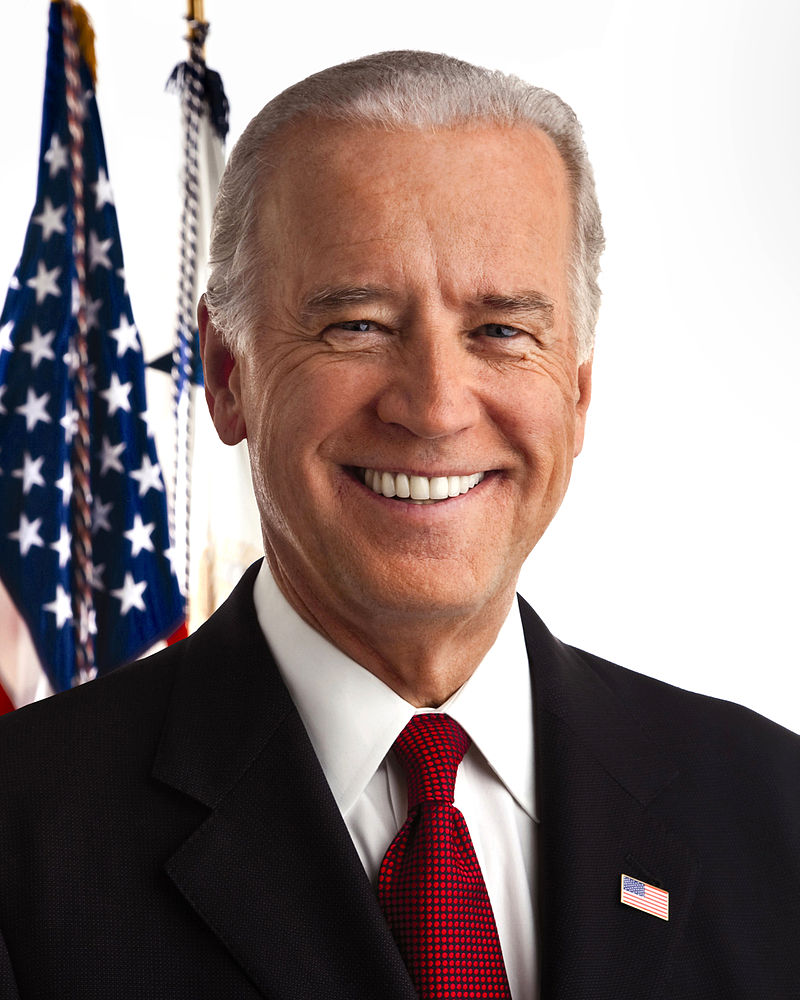 The president of the United States should refrain from theocratic justifications for war, maintains the Freedom From Religion Foundation.
The president of the United States should refrain from theocratic justifications for war, maintains the Freedom From Religion Foundation.
Following yesterday’s horrific jihadist terrorist attack, which killed dozens of people including 13 U.S. troops, President Biden delivered remarks that included a bizarre and tone deaf reference to the book of Isaiah, suggesting that the god of the Old Testament sent the U.S. military into a deliberately endless and destructive war in Afghanistan.
The state/church watchdog has written to the president, educating him about the religious pluralism of the U.S. military and emphasizing how inappropriate it is to suggest that the American war in Afghanistan was in answer to a call by the deity of the Old Testament.
Biden’s remarks included:
Those who’ve served through the ages have drawn inspiration from the Book of Isaiah. When the Lord says, “Who shall I send? Who shall go for us?” America’s military has been answering for a long time, “Here I am Lord, send me! Here I am, send me!”
This amounts to a suggestion that “God is on our side,” and that the U.S. military was fulfilling a religious mission in Afghanistan.
“God is not on our side — or anybody’s side,” write FFRF Co-Presidents Annie Laurie Gaylor and Dan Barker. “The Taliban thinks Allah is on its side. ISIS thinks Allah is on its side. Almost every side in every war claims a deity is blessing it. Such delusions are reckless. Nothing is more dangerous than a ‘holy war’ or, for that matter, a ‘holy withdrawal.’”
FFRF noted the inappropriateness of selecting the passage from Isaiah, which it called a “fever dream of a story,” while referring to the 20-year-long war in Afghanistan. The scorched-earth passage urges a pointless religious mission that does not end: “Until the cities lie ruined and without inhabitant, until the houses are left deserted and the fields ruined and ravaged, until the Lord has sent everyone far away and the land is utterly forsaken.” Isaiah 6:11–12.
Biden’s use of this bible passage, FFRF adds, presupposes the military is entirely made up of believers, which is insulting and insensitive to the quarter of the U.S. population that claims no religious affiliation, including the one-fourth of armed forces members who are religiously unaffiliated.
“The U.S. military was not in Afghanistan to spread religion,” FFRF points out. “To the contrary, our entrance was in direct response to a religiously motivated attack on the secular United States. Suggesting that the American presence was ordained by the god of the Old Testament, and should persist until Afghanistan’s ‘cities lie ruined,’ the ‘houses are left deserted and the fields ruined and ravaged,’ and the ‘land is utterly forsaken,’ paints a picture of American servicemembers as rampaging crusaders.”
That’s not the image of the U.S. armed forces that the commander in chief wants to project to the world.

